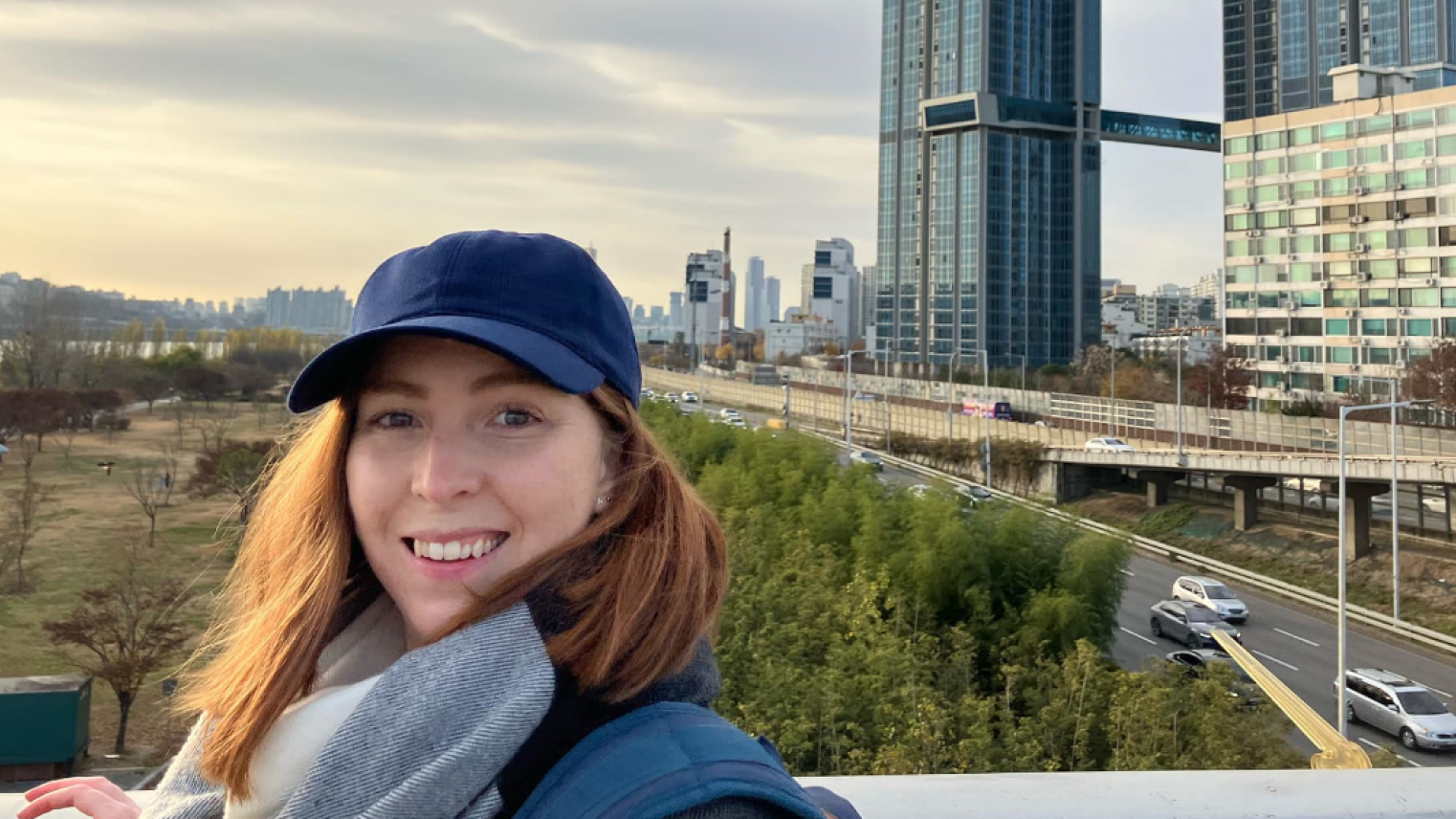The HDR Journey
“The PhD experience for me was thoroughly enjoyable and I have a lot of great memories from my time in the program. Some highlights for me were the opportunity to live in Japan and Taiwan in 2018 while conducting fieldwork and the chance to learn Korean both by taking advantage of the excellent language teaching we have here at ANU and by studying an intensive Korean language program at Yonsei University in 2020.”
Alison’s thesis focused on examining educative campaigns in the 1930s and 1940s, which aimed to encourage Japanese subjects to marry in service to the state. Alison explains, “I am really interested in the ways in which broadscale political issues—such as war and imperial expansion—permeate everyday life and in connecting these bigger political histories with the intimate histories of the family.”
Specifically, Alison looked at two contemporaneous but conflicting discourses on what she calls ‘patriotic marriage’: one in support of so-called ‘eugenic marriage’ and one in support of interethnic unions between Japanese and their Korean and Taiwanese colonial subjects.
The biggest challenge in Alison’s PhD journey was the impact of COVID-19. She was on fieldwork in South Korea in 2020 when the pandemic started and had to navigate a hasty return to Australia. She was lucky that she arrived back only a few days before the borders closed. Fortunately, she had already conducted a previous round of fieldwork in Japan and Taiwan, but she still had to modify her project to a certain extent.
Alison’s primary PhD supervisor, Professor Simon Avenell, is glowing in his praise of her achievement: “Not only did Alison overcome the challenges of COVID-19, but her thesis research spanning archives across three territories (Japan, South Korea, and Taiwan) was an extremely ambitious project to begin with. Nonetheless, Alison managed to amass a range of new and fascinating materials, all of which she synthesized into a ground-breaking piece of scholarship that will help shape the thinking of researchers worldwide.”
And so, as a PhD graduate today, Alison’s advice to anyone thinking about higher degree studies is, “Take your time in choosing a project or subject, one that will sustain your interest for three years—or likely longer—throughout your PhD and, if you want to pursue a career in academia, thereafter. Also, it can be helpful to think about what your days would look like as a PhD student and what it is about research that you particularly enjoy. For me, I really enjoy spending time in the archive and sinking my teeth into the documents I find there. For others, it might be interviewing research participants or working on translations or doing creative works. There can be a lot of different ways to approach the same research topic so think about which one suits you.”
That’s really great advice, Alison! Congratulations on Graduation Day! Bon voyage and all the best for your new adventures, and as an official CHL alumna, please keep in touch and keep us posted!


